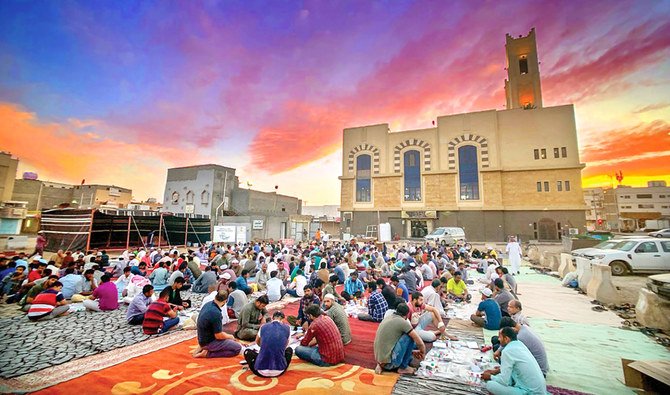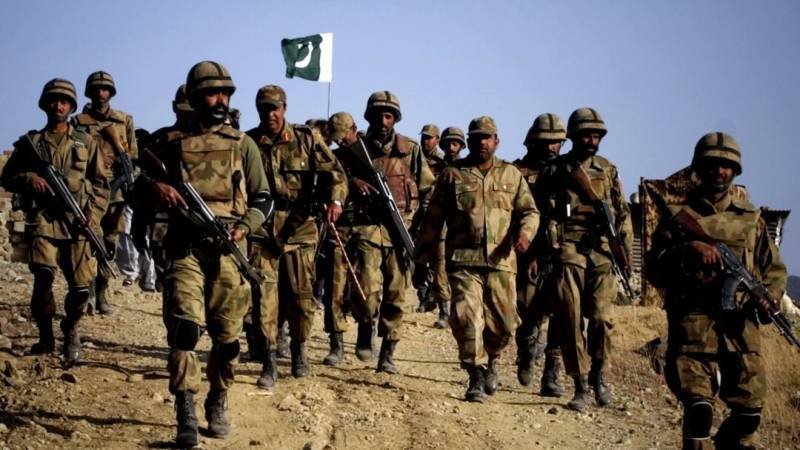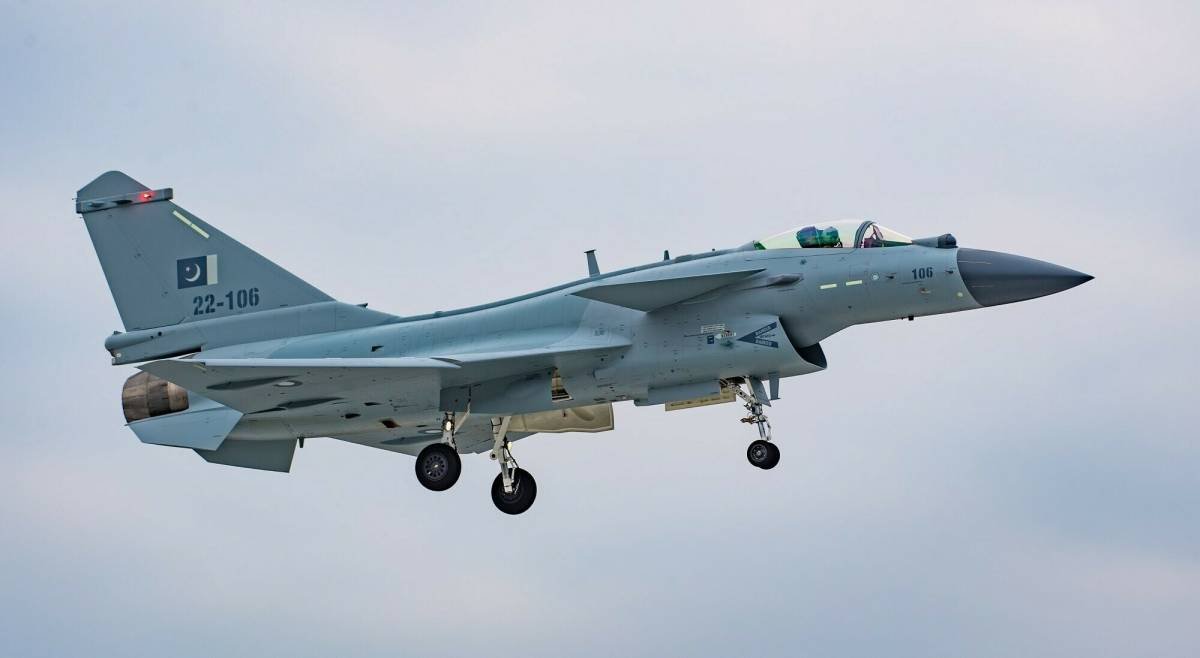With the introduction of the “New Uzbekistan” reform agenda by His Excellency President Shavkat Mirziyoyev, foreign policy of Uzbekistan entered a new dynamic era characterized by openness, modernization, stability, and friendly cooperation with all nations. Instead of isolation or limited engagement, Uzbekistan now follows a foreign policy that is active, constructive, and more focused on people. The goal of Uzbekistan foreign policy under the “New Uzbekistan” reforms agenda is to establish a peaceful, prosperous, and well-connected Uzbekistan that works with the world, not apart from it.
One of the most inspiring features of the “New Uzbekistan” approach is its commitment to good neighborliness. Looking in the past, it can be observed that for many years, relations between Central Asian countries were limited or tense. Due to this reason trade, travelling, dialogue, and communication were limited or we can say tense relations created barriers. But the new leadership changed this direction. Since President Shavkat Mirziyoyev assumed the office, Uzbekistan shifted its foreign policy and placed Central Asia at the heart of its foreign policy. It understood that cooperation with neighbors is the foundation of regional peace, stability, and economic growth.
Since then, Uzbekistan has tried to improve and strengthen ties with Kazakhstan, Kyrgyzstan, Tajikistan, Turkmenistan, and Afghanistan; borders became easier to cross, trade routes opened, and discords were replaced by negotiation and partnership. Thanks to this approach that it helped Uzbekistan gain respect in the region and the Central Asia has now become more stable, united, and widely recognized.
Uzbekistan’s foreign policy is no longer defensive or passive. It is optimistic, forward-looking, and built on friendship. The priorities have been changed now. The country prefers dialogue to confrontation, and cooperation to isolation. These changes which apparently seem small have a huge impact. They have improved Uzbekistan’s image on the global stage and has made the country more attractive to investors, tourists, and global partners.
Building Strong Global Partnerships and Expanding Engagement
The “New Uzbekistan” reform agenda has not only presented a new vision of cooperative Uzbekistan but it has also reshaped how Uzbekistan interacts with major global powers and international organizations. Uzbekistan does not rely on a single partner unlike many countries but it follows a balanced and independent foreign policy that welcomes cooperation with all nations, including Russia, China, the United States, the European Union, South Asia, the Middle East, and the Asia-Pacific region. With the help of this multi-vector foreign policy the leadership of Uzbekistan ensures that Uzbekistan maintains strong relations with every state without being involved in great powers rivalry or becoming dependent on any one side.
Uzbekistan’s active participation in international organizations is another important feature of its foreign policy. Nowadays Uzbekistan can be seen playing a more visible and influential role in the United Nations, the Shanghai Cooperation Organization (SCO), the Economic Cooperation Organization (ECO), the Organization of Turkic States, and many other regional and international organizations . Through these platforms, Uzbekistan promotes peace, security, cultural exchange, and sustainable development.
Uzbekistan has also grown into a respected voice on regional security. The country is committed to stability in Afghanistan and promotes peaceful and constructive dialogue among neighboring states. Rather than interference or taking sides, Uzbekistan promotes a neutral approach. That is why, Tashkent is now considered a trusted location for hosting regional conferences and peace initiatives.
Economic diplomacy is another pillar of the New Uzbekistan foreign policy. The government actively works to attract foreign investment and expand trade, building new transport routes. With implemented economic reforms, the simplification of visa rules, and new business-friendly policies, Uzbekistan has created a favorable environment for international companies. Therefore, there has been a sharp rise in investment in such sectors as energy, textiles, agriculture, technology, and tourism.
Uzbekistan is also reviving its historic role as the center of the Silk Road. The government supports major transport projects that link Central Asia with Europe, China, South Asia, and the Middle East. Newly constructed rail roads, highways, and digital corridors are transforming Uzbekistan into a modern bridge between major markets. This increased connectivity would bring employment, trade, and many other opportunities for the people of Uzbekistan.
Cultural diplomacy, an element, often neglected by the states in the race of gaining power or if not neglected still states don’t make it a vivid part of their foreign policy, is another striking feature of Uzbekistan’s foreign policy. Uzbekistan promotes its rich heritage and culture—from Samarkand and Bukhara to traditional crafts, music, and cuisine—as a way to strengthen international friendships. Through cultural festivals, students exchange programs, and tourism policies, they show the world how beautiful and hospitable Uzbek culture is. In this way, Uzbekistan is using this soft-power strategy to improve its global image and build long-term relationships with many countries.
All of these initiatives, and the “New Uzbekistan” reforms plan also, have made Uzbekistan more influential, respected, and globally connected than it has ever been in its modern history. The country now stands tall as a confident and responsible member of the international community.
A Peaceful, Modern, and People-Centered Future
The foreign policy of the “New Uzbekistan” is not limited to diplomacy, trade, or international agreements only. A major focus, we must say, of this plan is on improving the lives and making the living standards better for the people of Uzbekistan. For instance, by improving relations with neighbors, Uzbekistan has made travel easier, allowed families to reunite, and increased cross-border trade supporting local and small businesses. With the help of foreign investment, the country creates new jobs and raises the quality of products and services and by encouraging dialogue and peace in the region, Uzbekistan ensures a safe environment for new generations.
Uzbekistan’s new foreign policy also shows maturity and the thoughtfulness of its leadership. This maturity and vision is reflected in the continuous efforts of the government of Uzbekistan to fight climate change, promote renewable energy, develop green technologies, and protect cultural heritage. These efforts are highly commendable and deserve recognition. These priorities are the proof that Uzbekistan is not only thinking about its own progress but for Uzbekistan the future of entire region and the world also matters equally.
Another key feature of the New Uzbekistan approach is its commitment to humanitarian values. Uzbekistan supports education exchange programs, scholarships, cultural cooperation, and international scientific collaboration. Such initiatives help young generation gain hands-on global experience and bring new knowledge back to home.
The Way Forward
In short, it can be noted that the foreign policy of Uzbekistan has become more friendly, open and proactive under this new “New Uzbekistan” reform agenda. Uzbekistan has now positioned itself as a leader in promoting regional cooperation, a trusted partner in global diplomacy, and a nation that values peace, stability, and progress. By improving relations with neighboring countries, expanding global partnerships, whether its trade partnership or some other sort of collaboration, and connecting its economy with the world, Uzbekistan is building a shining future for its people.

Executive Director, Pakistan Research Center for a Community with Shared Future (PRCCSF).












